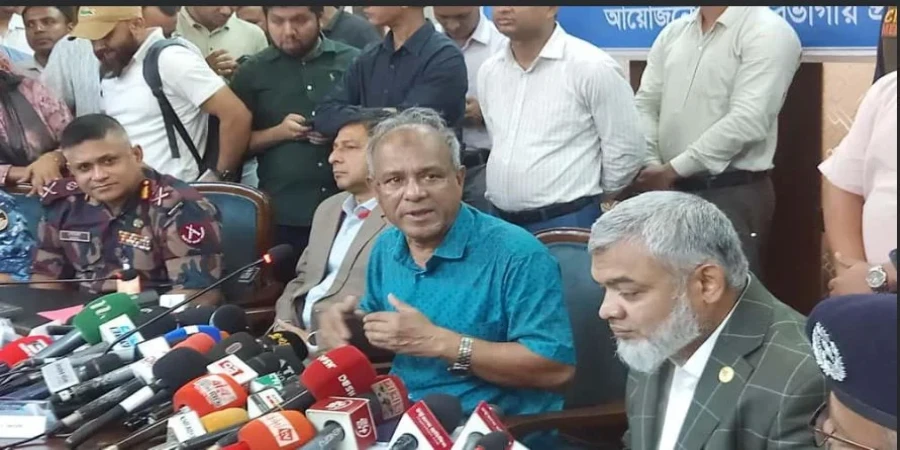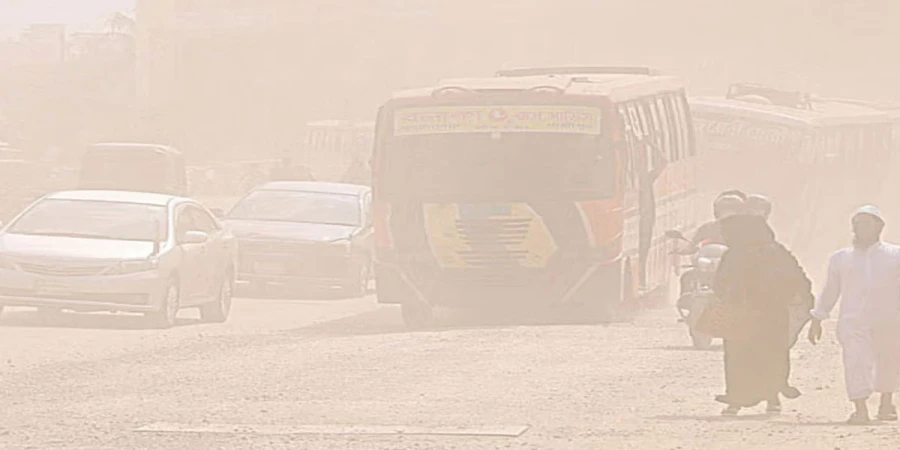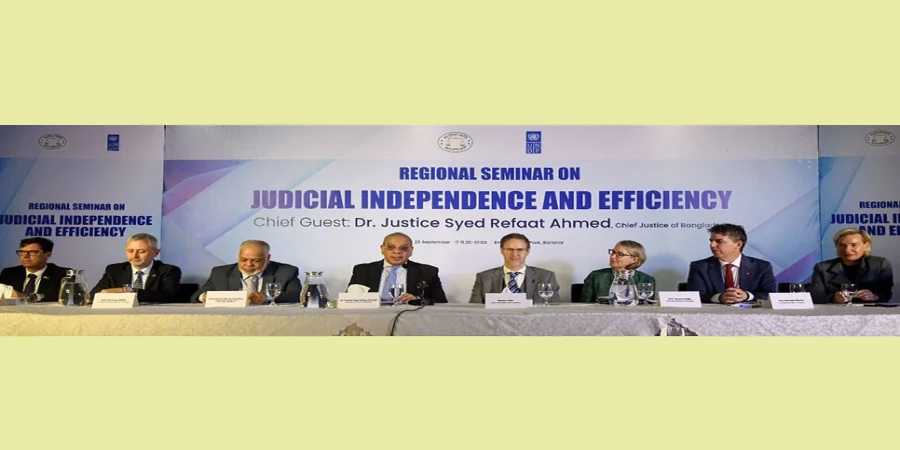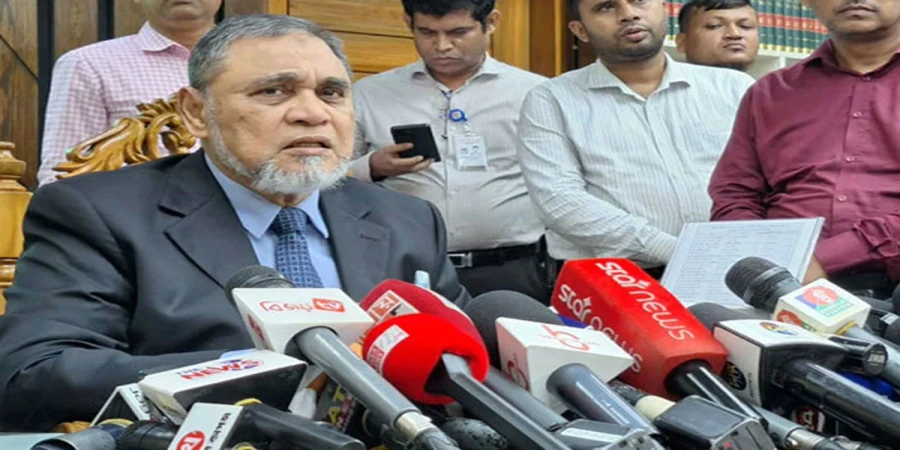
ছবি: -Collected Photo
Elections in Bangladesh cannot be secured by law enforcement agencies alone but are ultimately determined by the people, said Home Affairs Adviser Lieutenant General (Retd.) Md. Jahangir Alam Chowdhury. He emphasized that once citizens become determined to vote, no force can prevent the process.
He made these remarks on Wednesday afternoon during a press briefing at the Chattogram Circuit House, following a meeting with divisional commissioners, deputy commissioners, law enforcement officials, and representatives of various agencies from across the Chattogram division.
The adviser noted that consensus among political parties would be a positive development ahead of the upcoming national election scheduled for February. He added that beyond political will, the Election Commission’s rules and administrative arrangements will play a vital role, while the media will also remain a key factor in ensuring transparency and fairness.
Speaking about preparations for the polls, Chowdhury stated that all security forces will be mobilized during the election period, including the army, navy, and air force. He mentioned that the issue had already been discussed and that further consultations would take place with senior officials to finalize strategies. Currently, around 30,000 troops are stationed across the country, but the number will be increased to 100,000 during the election. Alongside the armed forces, the Border Guard Bangladesh, Coast Guard, Ansar, and other auxiliary forces will also be deployed. He stressed that the overall readiness of law enforcement is improving, with training sessions underway and manpower being expanded to strengthen field operations.
Addressing concerns over the situation at the Myanmar border, the adviser said that the Myanmar army is no longer present along the frontier, which is now largely controlled by the Arakan Army. He acknowledged the risks associated with this development, particularly the rise in narcotics trafficking from across the border. According to him, the Arakan Army relies heavily on drug trade, sending large quantities of narcotics into Bangladesh while receiving essential supplies such as rice, vegetables, and medicines from the Bangladeshi side. He informed reporters that efforts are ongoing to halt this cross-border exchange and prevent narcotics from entering the country. “Drugs are destroying our society,” he said, adding that the government has already strengthened its forces in the border areas to reduce the scale of the problem.
On the issue of the Rohingya population sheltered in Bangladesh, Chowdhury reassured that the country faces no direct security threat from them. However, he stressed that the ultimate solution lies in their repatriation to Myanmar. “Our goal is to send them back to their homeland as quickly as possible,” he stated, noting that only their return would bring an end to the longstanding crisis.
Chowdhury also mentioned that discussions with stakeholders at different levels are ongoing and that solutions to pressing challenges—including election security, border management, and drug control—will gradually take shape. He expressed optimism that coordination among agencies and institutions will ensure a secure environment for the upcoming national election.
The adviser concluded by underlining that while the role of the state machinery is crucial, the true power of democracy rests in the hands of the people. According to him, a people-driven electoral process will guarantee success.
repoter






